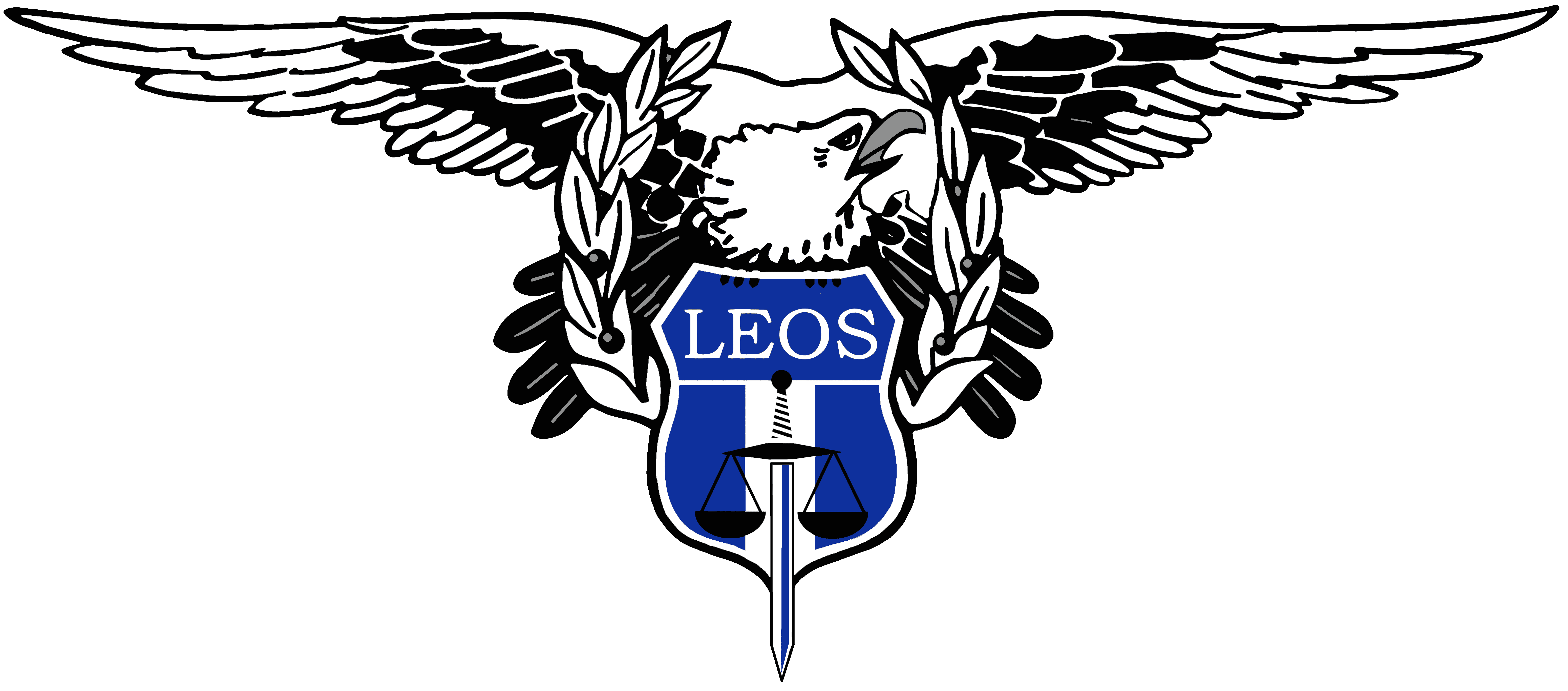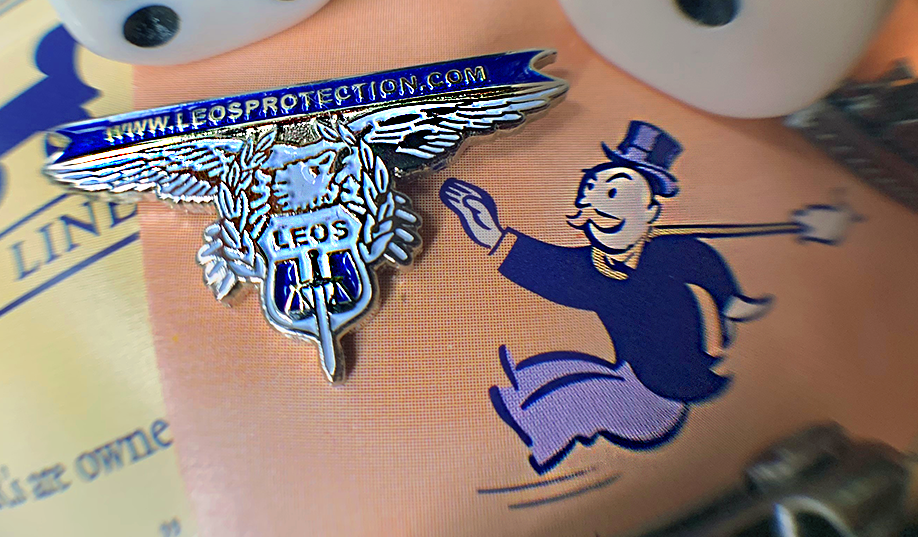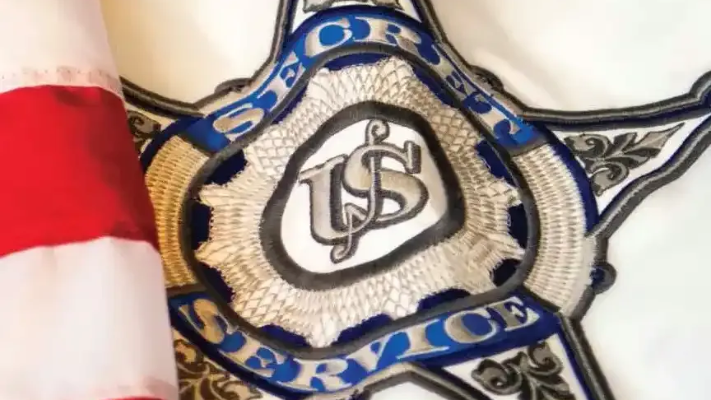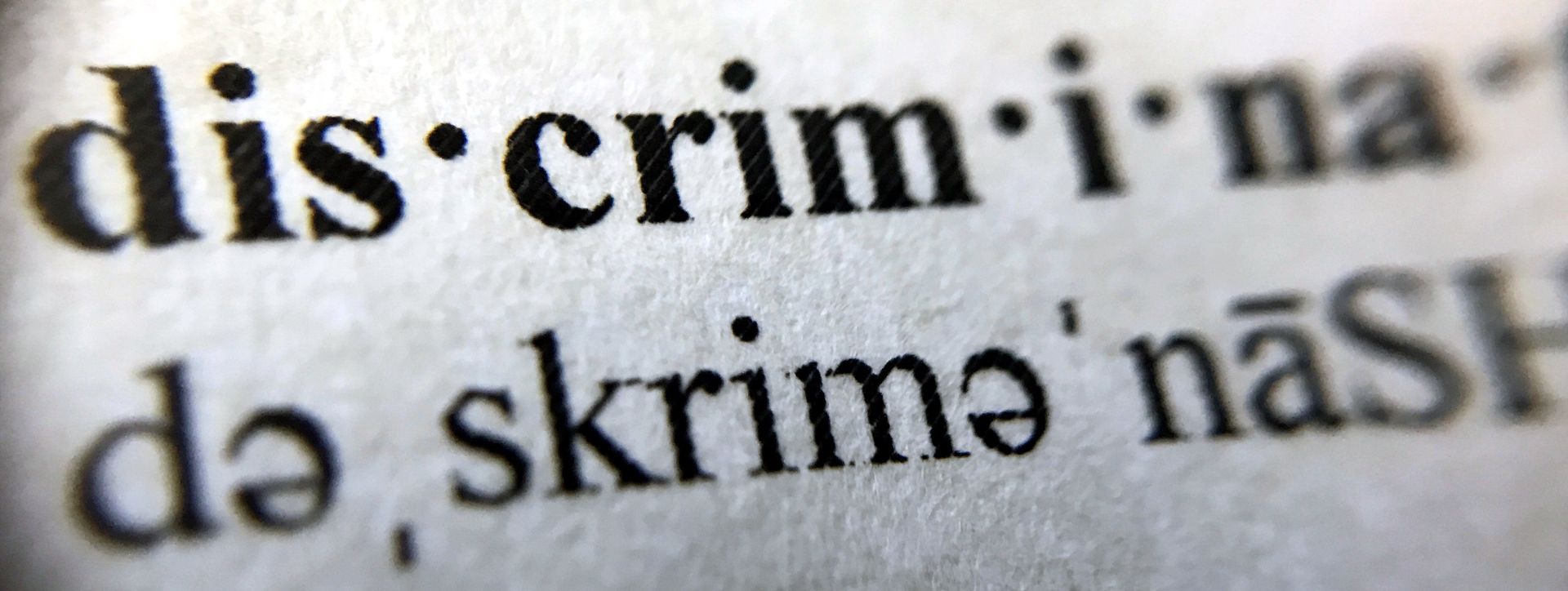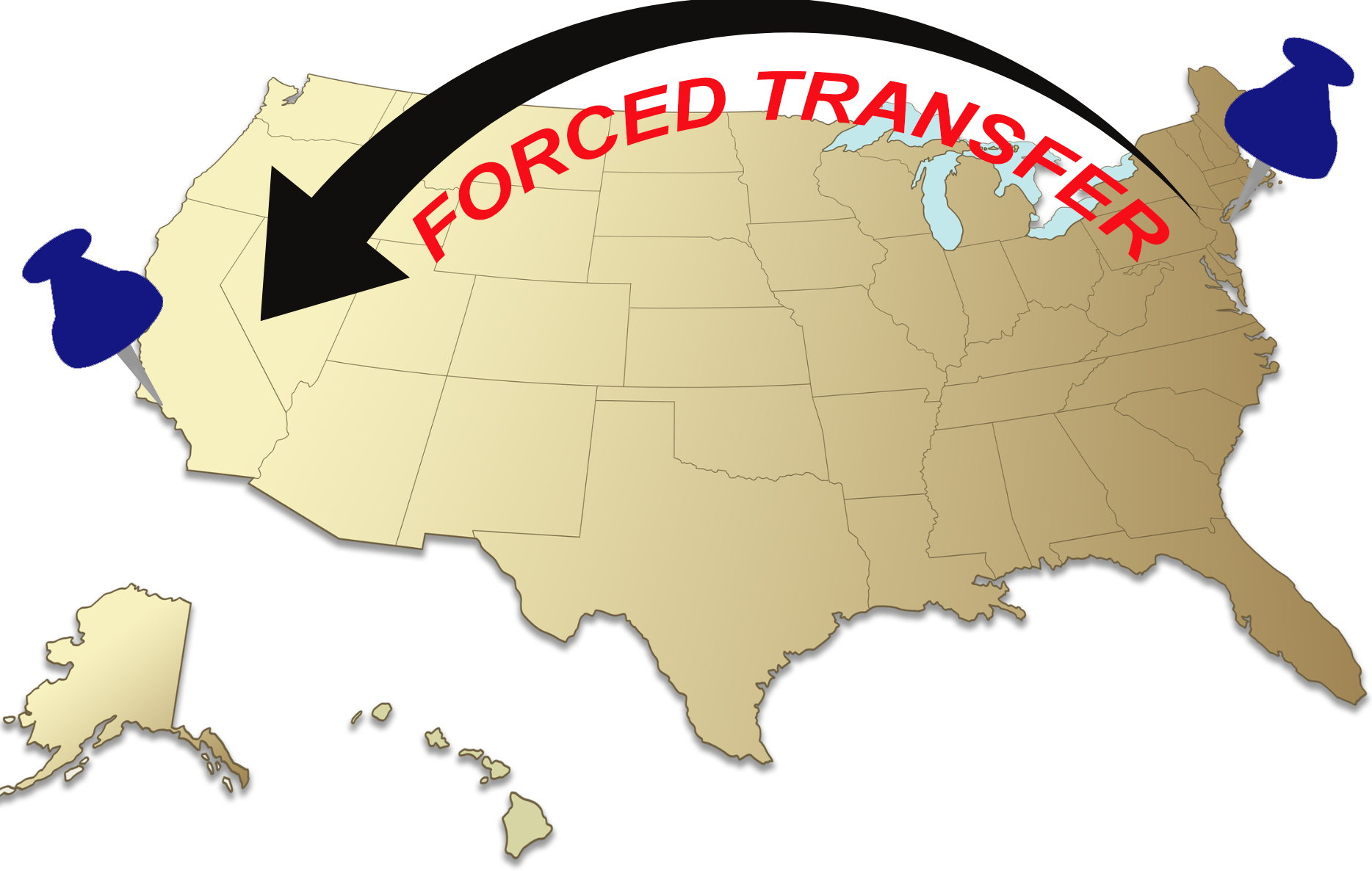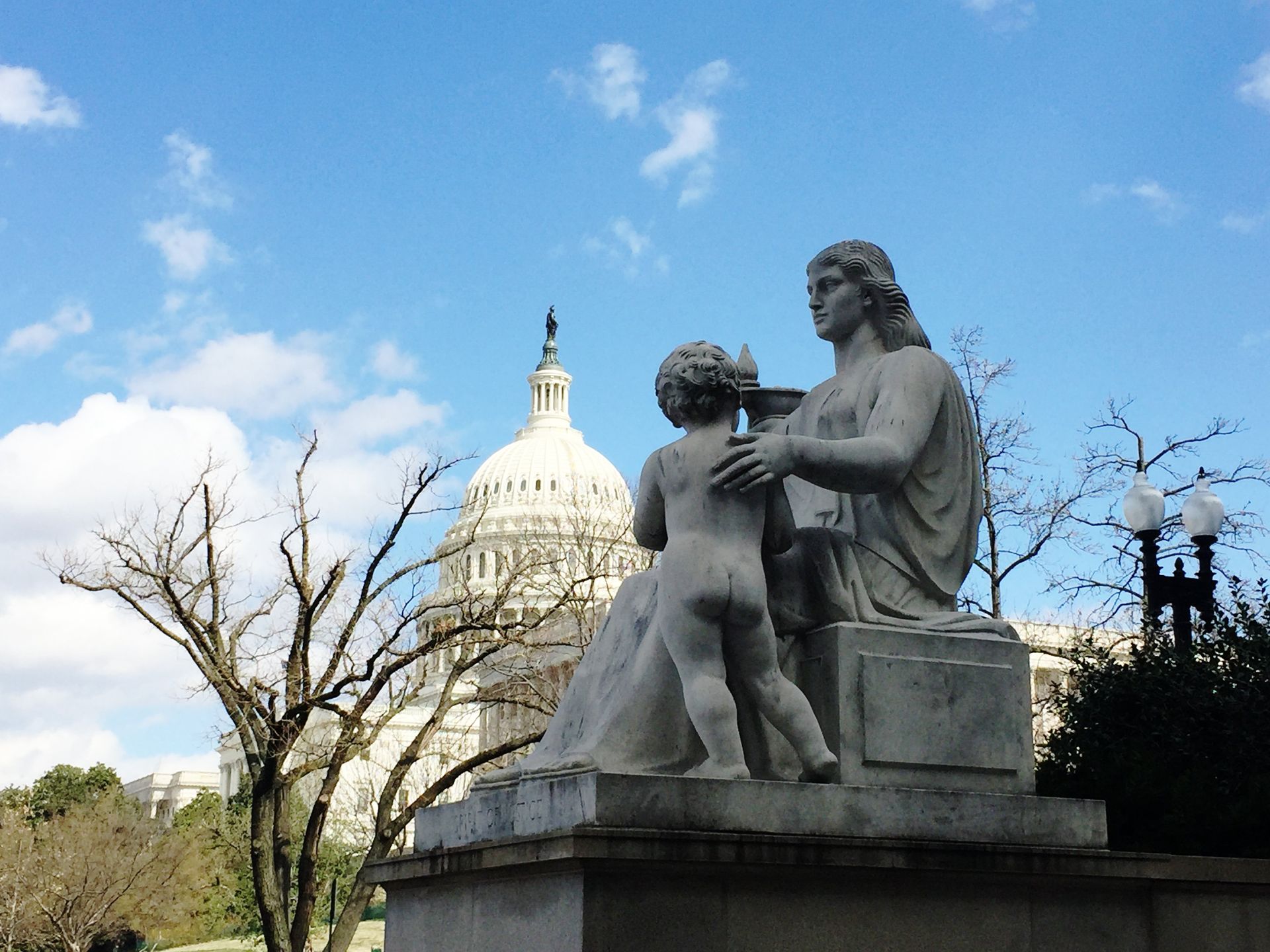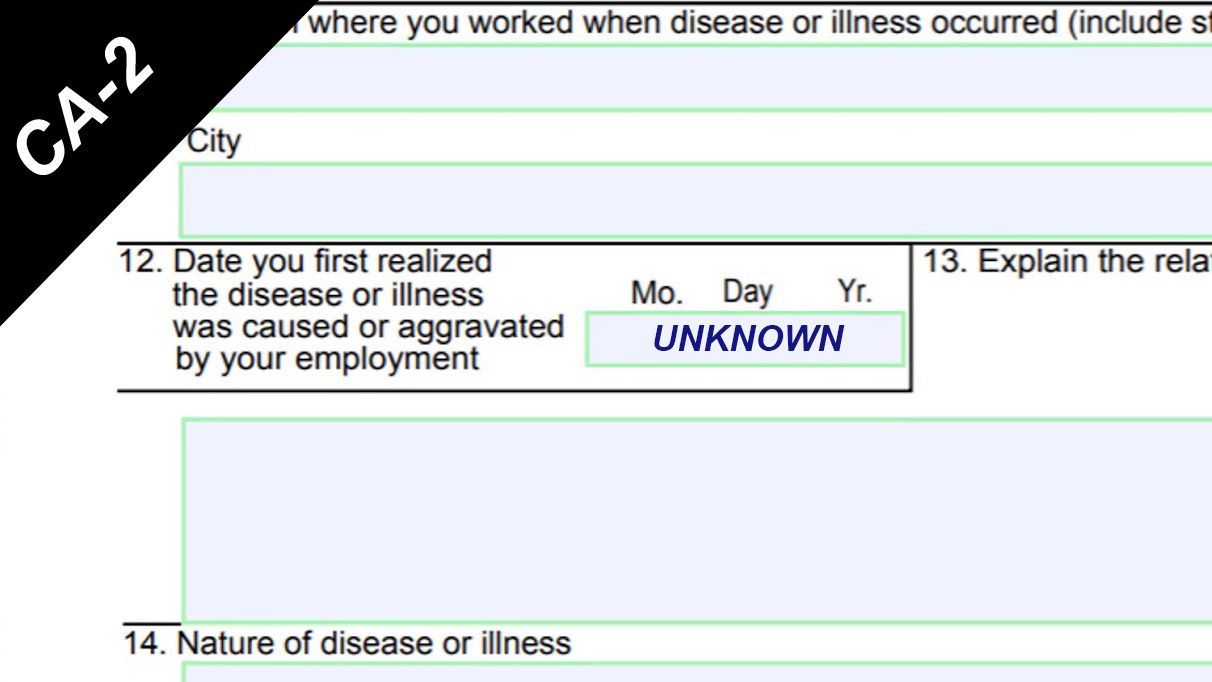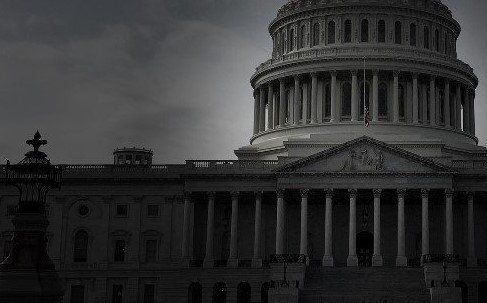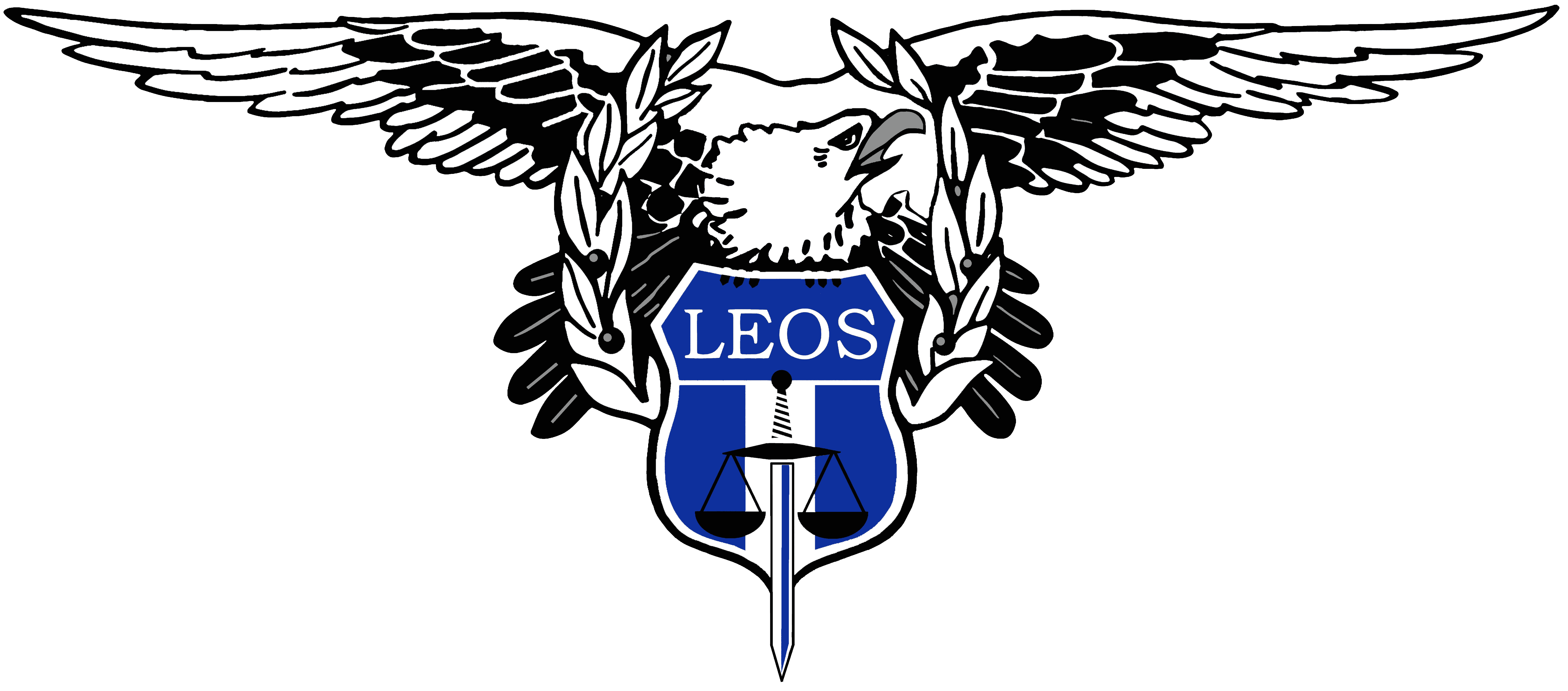Probationary Federal Employees and Their Rights
Jeremy Thompson - Senior Attorney • March 20, 2020
Many federal probationary do not fully understand their employee rights, and such rights are often not fully explained by federal agencies to employees.
A probationary period takes place in the competitive service and a “trial period” is often used to describe a similar period in the excepted service. In both cases, the purpose is to provide a federal agency with the opportunity to assess if the employee will be an asset to the government prior to finalization of the appointment.
No matter how thoroughly an employer interviews a potential employee and checks his or her references, there are bound to be surprises when a new employee begins working for an employer. Sure, some of the surprises may be good. Perhaps the employee is very personable and is an exceptional learner. On the other hand, the surprises may be bad such as when an employee is consistently tardy or when an employee is unable to work in partnership with other employees. Those are the sorts of things the government, or any employer, would not know until the employee started the job. As a result, the government requires employees to complete a probationary period to ensure that the hiring decision was correct, and that the employee is an asset to the government.
Probationary periods typically last one or two years. If a federal employee completed their probationary period, the employee becomes a permanent federal employee who is awarded a high level of protection from improper employment actions by federal agencies. However, during the probationary period employees have very limited procedural and appeal rights. Those limited rights are derived from regulations issued by the U.S. Office of Personnel Management.
The very nature of the excepted service is that it is excepted from the ordinary rules of the competitive civil service. OPM issued fewer regulations that apply to the excepted service; however, those agencies possess the ability to issue their own regulations and policies governing such employment.
Removals for Conditions Arising Before the Appointment
Pre-appointment conditions involve something that transpired prior to hiring, such as lying about the employee’s background or falsifying a resume. When a probationer in the competitive service is removed for conditions arising before appointment, the individual is entitled to:
- Advance written notice stating the reasons, specifically and in detail, for the proposed action.
- Reasonable time for filing a written response to the notice of proposed adverse action. If the employee responds, the agency shall consider the answer in reaching its decision.
- Written notice of the agency’s decision in writing, which informs the employee of the reasons for the action, informs the employee of his right of appeal to the Merit Systems Protection Board and the related time limit to file an appeal. See 5 CFR § 315.805
An appeal of a decision to remove an employee from federal service due to conditions arising before the appointment typically involves allegations that the removal did not comply with those requirements. However, the employee may also appeal the removal decision for the reasons set forth in 5 CFR § 315.806, i.e., if the removal was based on partisan political reasons or marital status. If the appeal is based on marital status, the employee must prove that the removal was based on marital status discrimination. Partisan political cases allege that the removal was based on the employee’s political beliefs or support.
Removals for Reasons of Unsatisfactory Performance or Conduct During Probationary Period
In contrast, when an agency decides to remove an employee serving a probationary or trial period because the employee’s work performance or conduct during the period was unsatisfactory, the employee has fewer procedural protections. In that situation, the employee is only entitled to notice as to why the employee is being removed and the effective date of the removal. The information in the notice as to why the employee is being terminated shall, at a minimum, consist of the agency’s conclusions as to the inadequacies of the employee’s performance or conduct. See 5 CFR § 315.804. This kind of removed employee only has the limited appeal rights set forth in 5 CFR § 315.806.
Probationary Employees in the Transportation Security Administration
The Transportation Security Administration was created by the Aviation and Transportation Security Act of 2001 (“ATSA”). Unlike most federal employees who are covered by Title 5 of the United States Code, ATSA placed TSA employees outside of Title 5’s protections. Most TSA employees are in the screening workforce and are covered by Section 111(d) of the ATSA, which states: “Notwithstanding any other provision of law, [TSA] may employ, appoint, discipline, terminate, and fix the compensation, terms, and conditions of employment of Federal service for such a number of individuals as the Under Secretary determines to be necessary to carry out the screening functions of the Under Secretary under section 44901 of title 49, United States Code.”
What does that mean? It means that the TSA is allowed to issue whatever employment policies it deems fit and that that TSA employees do not have the same, if any, civil service protections that other federal employees enjoy. For example, per TSA policy, at any point during the basic trial period when a supervisor determines that an employee’s performance or conduct is unacceptable, the supervisor may initiate a removal. The notice of removal must be in writing and briefly states the underlying reason(s) for the removal and the effective date. There are no other requirements and the employee does not have appeal or grievance rights with respect to the removal.
Other Options for Probationary Employees
There are several other options for removed probationary employees. If the employee believes the removal was discriminatory and based on race, religion, national origin, sex (including pregnancy, gender identity, and sex stereotyping), age, disability, genetic information, and/or reprisal, the employee can file an Equal Employment Opportunity complaint. A probationary employee could also file a whistle blower complaint, a USERRA complaint based on military discrimination, or there otherwise may be issues with the way the agency calculated the employee’s probationary period which the employee could challenge.
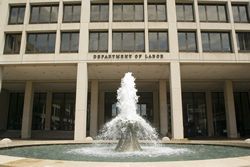
Effective 09/28/2020, you can electronically receive and respond to letters from OWCP directly through your ECOMP Dashboard. If OWCP sends you a letter requiring a response, it will now appear in your ECOMP dashboard under the “Action Required” tab. You can respond online and attach documents to your response. A video tutorial is also available in ECOMP’s Help Menu under User Guides / Injured Worker / Introduction. If OWCP sends you an informational-only letter, it will only appear in your Case View, which you cannot access from your dashboard. To access your Case View, you must click on the case number from your dashboard. The second change also takes effect today, September 28, 2020, when OWCP will start using 202-513-6860 as the sole telephone number where you can reach them from 9:30 a.m. – 6:30 p.m. ET, Monday – Friday (except for federal holidays). This new voice line will replace the current 12 FECA district office telephone numbers and provide you direct access to your assigned Claims Examiner.
